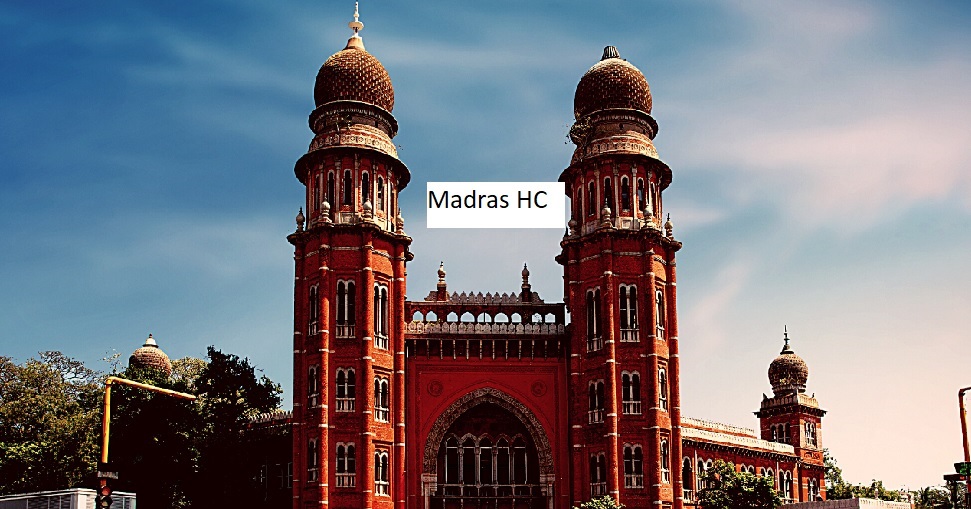


The Madras High Court recently issued directives to both the Union and State Governments, urging them to recognize a Sri Lankan repatriate, T Ganesan, and his family as Indian citizens. Justice GR Swaminathan, presiding over the case in the Madurai bench, responded to Ganesan's plea seeking confirmation of his Indian citizenship, emphasizing that although he possessed an Indian passport, his citizenship status was not being acknowledged by Indian authorities.
In support of Ganesan's case, the court highlighted three repatriation agreements between India and Sri Lanka, wherein India committed to repatriating six lakh individuals from Sri Lanka and granting them citizenship. Despite more than half a century passing since these agreements, India had only conferred citizenship upon approximately 4,61,639 Indian Origin Tamils, falling short of fulfilling its treaty obligations.
Addressing the issue, Justice Swaminathan emphasized the need for India to confer citizenship on at least 1,37,000 Indian Origin Tamils to meet its obligations. The court noted that while there were around 5,130 applicants seeking Indian citizenship in the IOT category, fulfilling their requests alone would still leave India short of meeting its treaty commitments.
The judgment underscored the court's stance: it did not direct the Government of India to grant citizenship to the petitioner, Ganesan, but mandated the acknowledgment of his existing status as an Indian citizen. The court emphasized that mere recognition was insufficient and stressed Ganesan's entitlement to rehabilitative measures.
Ganesan had initially sought Indian citizenship in 1970 at the age of 16, following his arrival in India in 1990 amid hostilities between the Sri Lankan army and LTTE. Despite submitting his application and obtaining an Indian passport in 1982, he continued to be treated as a Sri Lankan refugee by authorities, citing alleged discrepancies in his passport.
The court highlighted Ganesan's previous efforts, including a High Court directive for authorities to consider his representation for citizenship. However, the authorities subsequently issued an order stating that the materials provided were insufficient to confirm his Indian citizenship, prompting Ganesan to challenge this decision in the present proceedings.
The court rejected authorities' doubts about Ganesan's identity, emphasizing that in the modern age, verifying a person's identity through a photograph was easily achievable. It asserted that when the authenticity of the passport was unquestionable, the burden of proof lay with the authorities and could not be shifted to Ganesan.
Concluding its judgment, the court stressed the urgency of recognizing Ganesan as an Indian citizen and providing him with all the rehabilitative measures announced by the government. These measures aimed to facilitate his seamless integration into mainstream society. The ruling urged the government to fulfill its obligations, fostering respect for treaty commitments in dealings between organized populations. In essence, the court sought to rectify the longstanding issue of non-recognition and ensure the just treatment of repatriates in alignment with established agreements.
TAGS: Madras High Court Sri Lankan repatriate Indian citizenship Union and State Governments Justice GR Swaminathan Government of Tamil Nadu Repatriation agreements